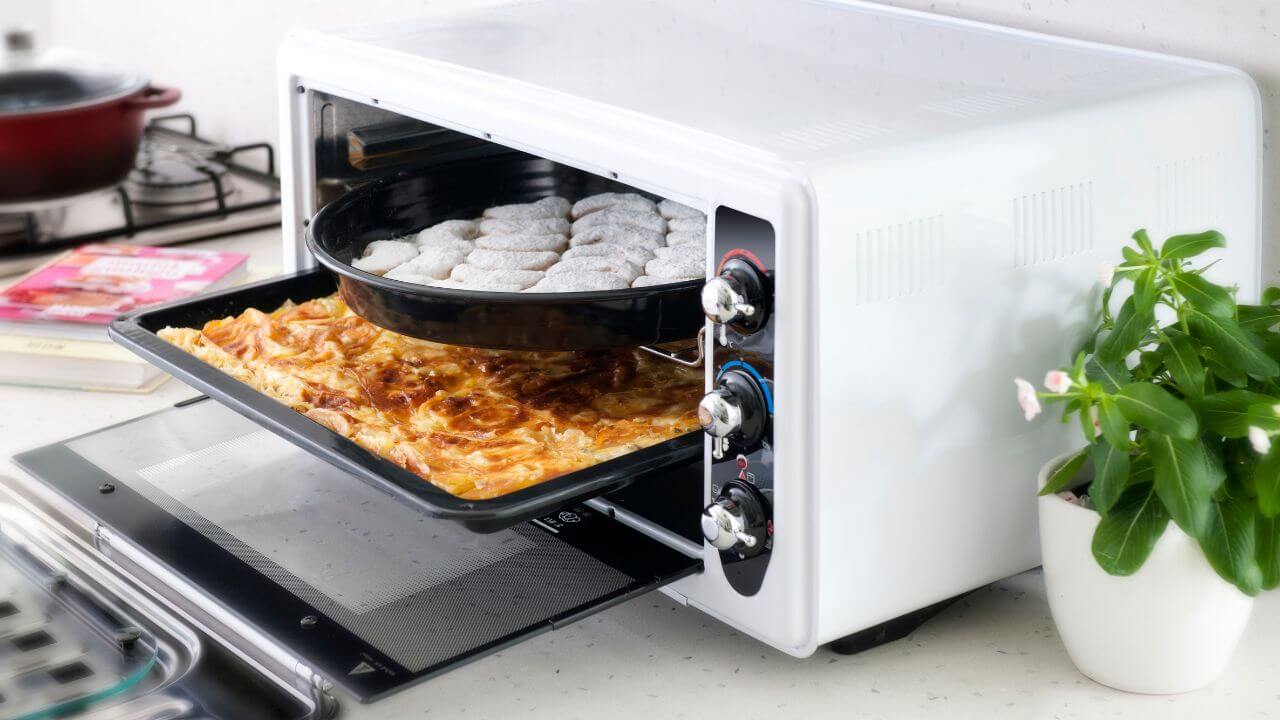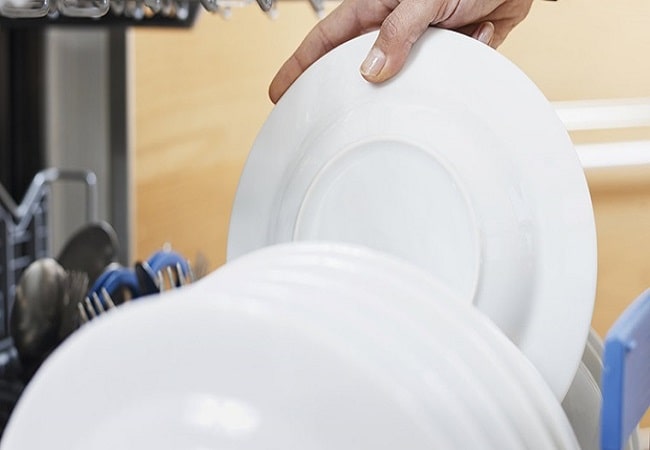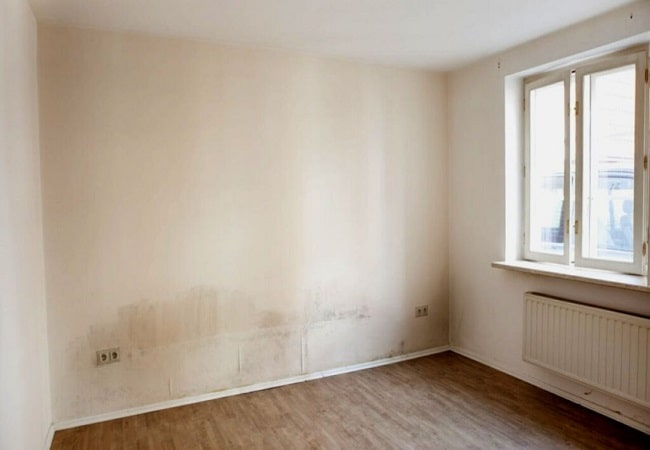It’s a common question: is it safe to leave the oven overnight? The answer is, unfortunately, it depends. There are a few factors to consider when deciding whether or not to leave your oven on overnight.
This blog post will discuss the risks and dangers of leaving your oven overnight. Stay tuned to learn more!
Contents
If you leave the oven on overnight, will it be safe?
There has been recent concern about leaving ovens on overnight, as there have been reports of fires. While it is not always possible to predict when a fire will occur, there are a few things you can do to minimize the risk.
Ensure your oven is properly installed and maintained, keep an eye on the temperature setting, and never leave anything in the oven that could catch on fire.
How can you tell if your oven is on overnight?
If your oven is on overnight, it will likely have a light coming on when you open the door in the morning. If your oven does not have a light, it may be off or turned off completely.
What Are the Risks of Leaving Your Oven On Overnight?
If you leave your oven on overnight, a few potential dangers could occur. The most dangerous of these is the fire hazard. :
- Leaving your oven on overnight can result in a fire.
- Ovens are extremely hot and can cause serious burns if touched.
- Leaving your oven on also increases the risk of carbon monoxide poisoning.
- Children and pets can be injured or killed if they enter an oven.
- It could be dangerous if the power goes out while your oven is on.
- If you leave your oven on overnight, there is a risk that it could cause an accident or injury, so be aware of the dangers involved.
What Can You Do to Prevent The Risks of Leaving Your Oven Overnight?
Preventing oven fires is important for your safety. Here are some tips to help you stay safe when cooking in the oven overnight:
- Make sure the oven is correctly installed and properly plugged in.
- Never leave an oven on while it’s in use, even if it’s turned off.
- Always double-check that food is thoroughly cooked before serving it.
- Check the oven often to ensure no flames or sparks emit from any appliance’s parts.
- If you smell smoke, evacuate the house immediately and call emergency services.
- If a fire occurs, don’t try to put out the fire yourself – call for professional assistance immediately!
- Never leave food inside an oven that has been left on overnight.
- Make sure there is no gap between the wall and the oven door or between the oven door and the appliance’s frame.
frequently asked questions
Can I leave the oven on overnight for heat?
Can I leave the oven on overnight for heat? According to the appliance manufacturer, leaving an oven overnight is safe with the proper safety measures. The most important precaution is disconnecting the power cord before leaving your oven unattended.
If there is a fire, it won’t be easy. Additionally, ensure all ventilation slots are open to escape any smoke and fumes.
How long can you safely keep an oven on?
Before using any new oven, make sure you read the manual thoroughly. However, ovens can be left on for an extended period- up to 24 hours- without any problems. However, it is always best to check with the appliance’s manufacturer before leaving an oven on overnight. It is generally safe to leave an oven on for up to 12 hours.
Is it okay to leave the oven on when not home?
Like most people, you probably leave your oven on when you’re not home. But is it okay to do that? According to the National Fire Protection Association (NFPA), leaving an oven on while you’re not home can be dangerous.
Ovens can overheat quickly and cause a fire. And even if the oven doesn’t catch fire, it could still cause damage. So why is it so important to turn off your oven when you leave the house? The NFPA says that turning off an oven saves energy and prevents possible damage.
What happens if you leave the oven on with nothing in it?
If you leave an oven with nothing in it, the heat will build up and potentially cause a fire. The oven may also overheat, damaging the appliance or causing injury if you touch it. If you’re concerned about leaving your oven on overnight, set a timer and check on it regularly to ensure everything is okay.
Conclusion
In conclusion, leaving an oven on overnight may result in a fire. Always turn off the oven and unplug it before leaving it unattended. This will help to prevent any potential fires from happening.





Leave a Reply